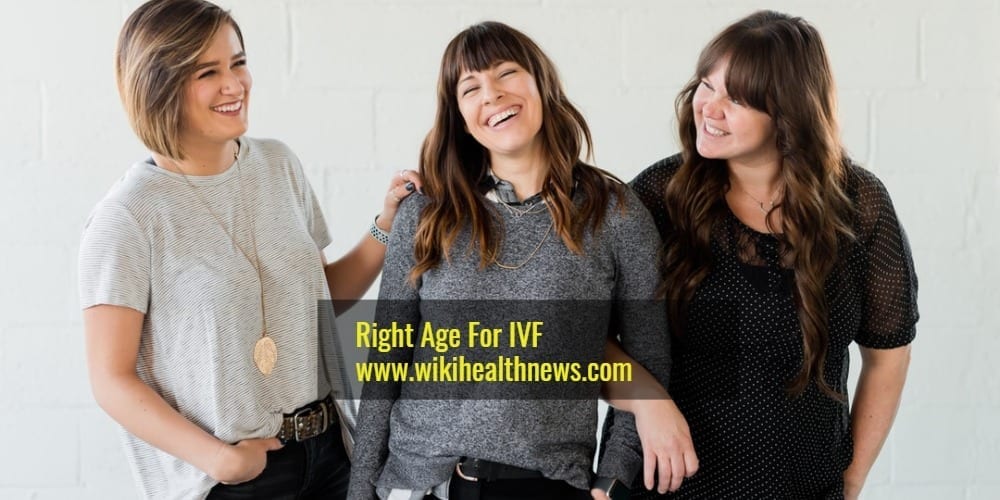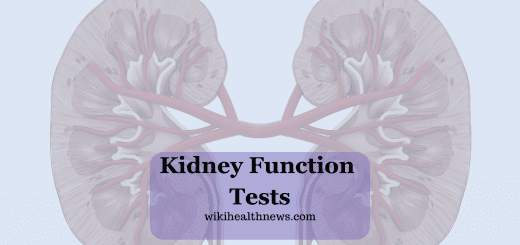The Right Age of IVF Treatment for women

What is the right age for IVF?
Pregnancy Risk increases with age. IVF Success rate decreases with age.
After which age fertility of a woman starts to fall by IVF and natural process?
The ability to conceive starts to fall around the age of 32 years. IVF Pregnancy risk increases with age.
What are the chances of getting pregnant without IVF with respect to age?
- After the age of 32, a woman’s chances of conceiving decrease gradually and significantly.
- After the age of 35, fertility reduces fast
- By age 40, fertility has fallen by 50%.
- At the age of 30 years, the chance of conceiving is about 20%.
- At the age of 40, the chance of conceiving is around 5% only.
What are the risks of Pregnancy for older mothers?
Evidence demonstrates that it is increasingly difficult for women to become pregnant after the age of 35. It also said that women over 35 have a higher risk of miscarriage.
As women get older the number and quality of egg cells that are produced by the ovaries declines.
How successful is IVF for older women?
While in vitro fertilization (IVF) can potentially help many women conceive, much like unassisted conception it is far less successful as women get older. The live birth rate for women under 35 undergoing IVF is 31%, but the success rate is less than 5% for women over 42 years of age.
Why the success rate is less for women with IVF at age more than 40 years?
The success rate is less for women with IVF at age more than 40 years because the quality of the eggs harvested in assisted techniques such as IVF deteriorates with age. These techniques stimulate the release of more egg cells but cannot compensate for the effects of reproductive aging on egg quality.
Can I postpone my pregnancy for a few years
Newer preservation techniques are designed to freeze eggs from younger women and allow postponed pregnancy at a later age. Human oocyte cryopreservation (egg freezing) is a procedure to preserve a woman’s eggs (oocytes). This technique was mainly developed to enable women who, due to studies or any other complication can´t deal with pregnancy during their most fertile years, to postpone their maternity until their personal situation is the right to form a family.
What are the health risks of late pregnancy?
- Greater difficulty in initially conceiving a child.
- Personal and psychological difficulties.
- Increased risk of complications for both mother and infant during pregnancy and delivery.
- Greater risk of general maternal health problems, such as high blood pressure, which can contribute to complications.
- Higher risk of miscarriage in women above the age of 35.
- Higher risk of having twins or triplets, which is itself associated with a higher risk of complications.
- More chance of having a baby with a congenital abnormality, such as Down’s syndrome.
- Elevated risk of pre-eclampsia.
- Higher risk of complications during delivery, such as prolonged labor.
- The need for assisted delivery or Cesarean section is more.
- Higher chances of stillbirth.
- The risks of pregnancy and birth complications, cesarean section, increase with age.
- Complications include-
- gestational diabetes,
- placenta praevia,
- placenta abruption.
- Older women are more likely to have a baby with birth defects or genetic abnormalities.
- A woman over 35 is nearly 2.5 times more likely than a younger woman to have a stillbirth.
- By age 40, she is more than five times more likely to have a stillbirth than a woman under 35.
- For a woman aged 40, the risk of miscarriage is greater than the chance of live birth.
Why the risk of cesarean section is higher in elderly pregnant women?
Most older mothers experience normal labor and delivery. However, certain problems are more common in this age group, for example, placental abruption (premature separation of the placenta). Therefore, the rate of cesarean section is somewhat higher in older mothers.
What are the Genetic risks associated with the pregnancy of elderly women?
Certain genetic risks present more often in pregnancy as women age. For example, the rate of having a baby with Down syndrome accelerates with maternal age.
While the rate of an embryo having Down syndrome at the 10-week mark of pregnancy is 1 in 1,064 at age 25, this rises to 1 in 686 at age 30 and 1 in 240 by the age of 35 years. At the age of 40, the Down syndrome rate increases still to 1 in 53, and down to 1 in 19 embryos at age 45.
What are the indications of egg freezing?
Oocyte cryopreservation can increase the chance of a future pregnancy for three key groups of women:
- those diagnosed with cancer who have not yet begun chemotherapy or radiotherapy;
- those undergoing treatment with assisted reproductive technologies who do not consider embryo freezing an option; and
- those who would like to preserve their future ability to have children, either because they do not yet have a partner, or for other personal or medical reasons.
What is the success rate of egg freezing followed by IVF?
The percentage of transferred cycles is lower in frozen cycles compared with fresh cycles (approx. 30% and 50%). Such outcomes are considered comparable.
Is genetic defect affected with egg freezing and IVF?
Two recent studies showed that the rate of birth defects and chromosomal defects when using cryopreserved oocytes is consistent with that of natural conception.
Read More











